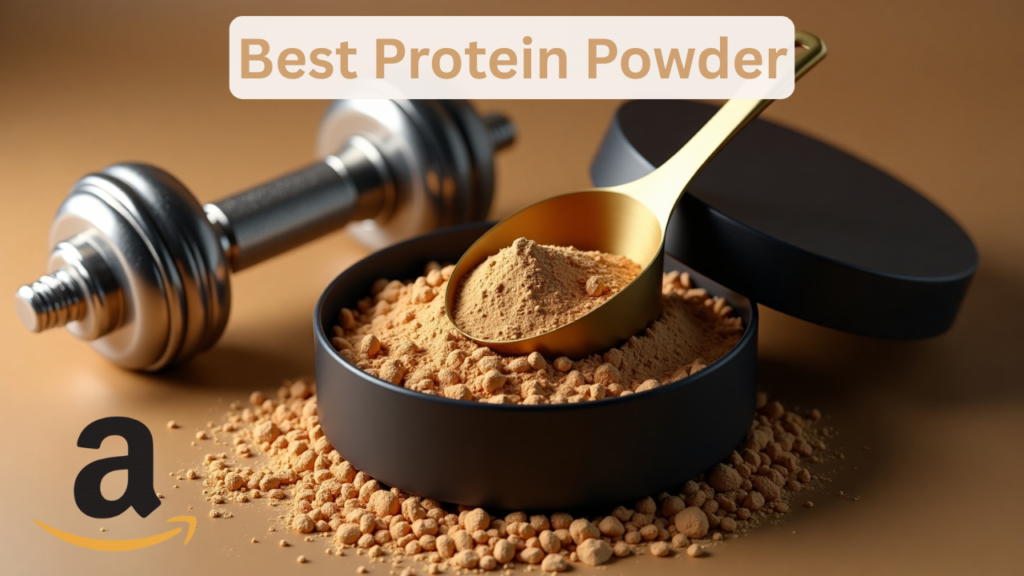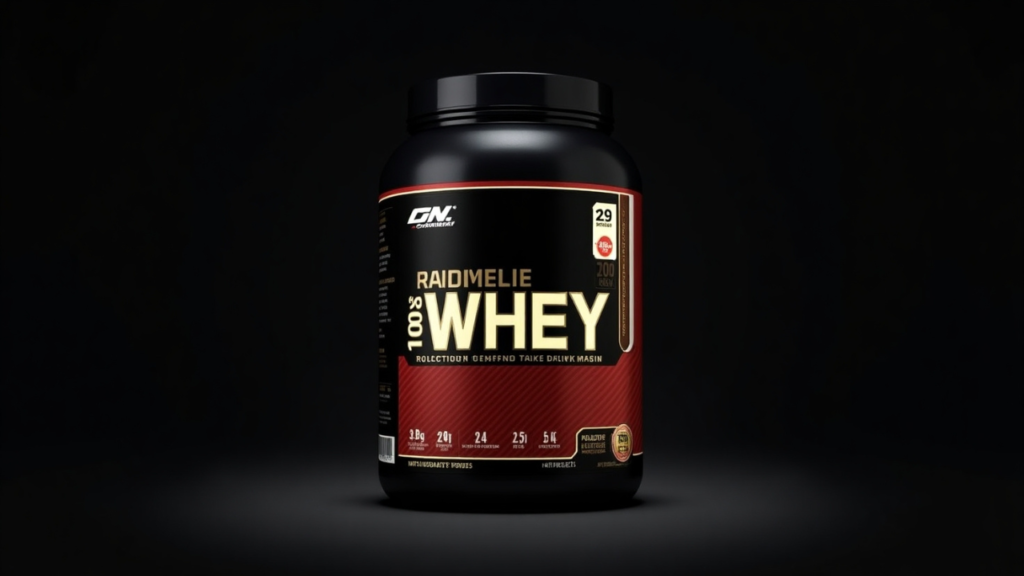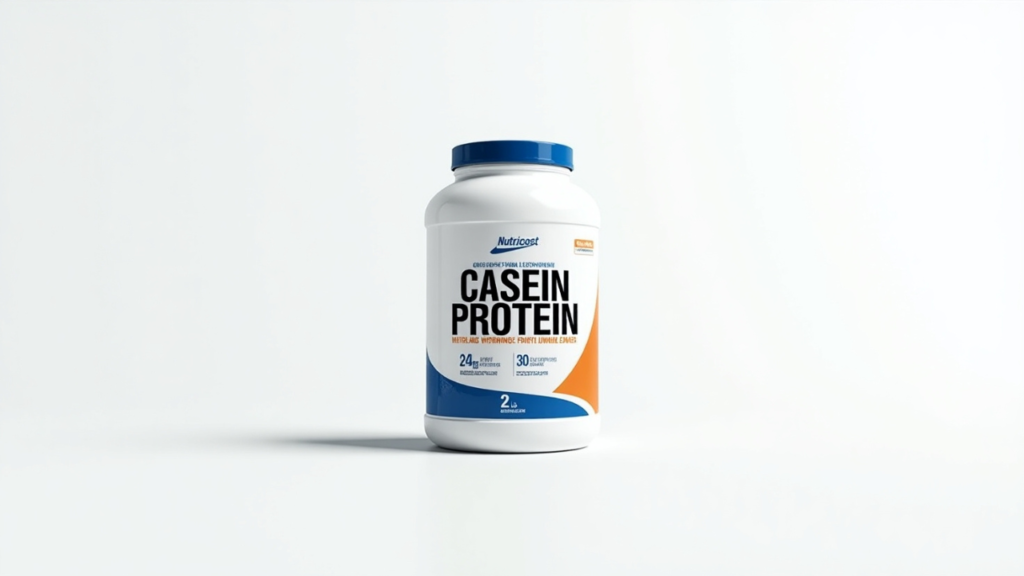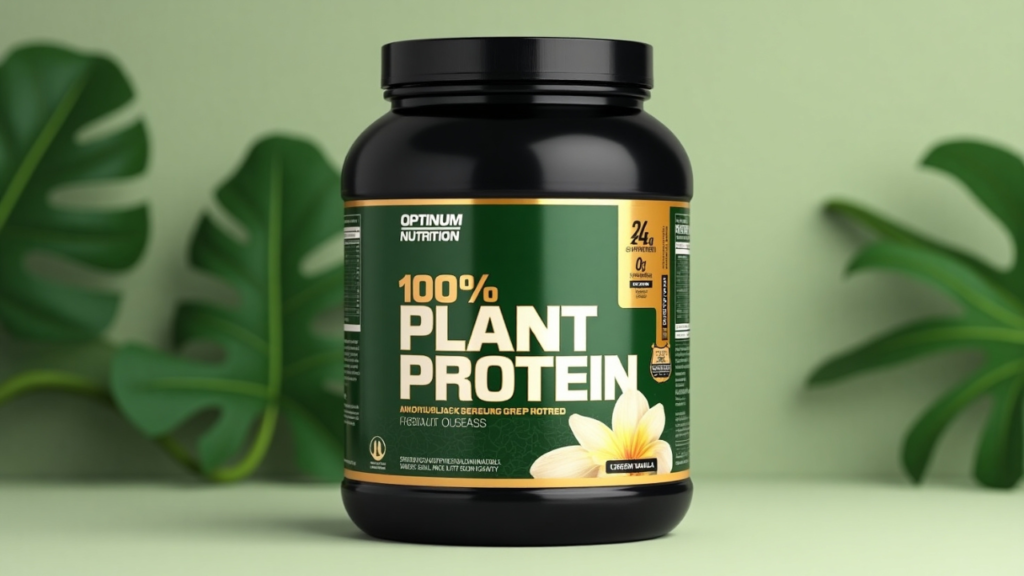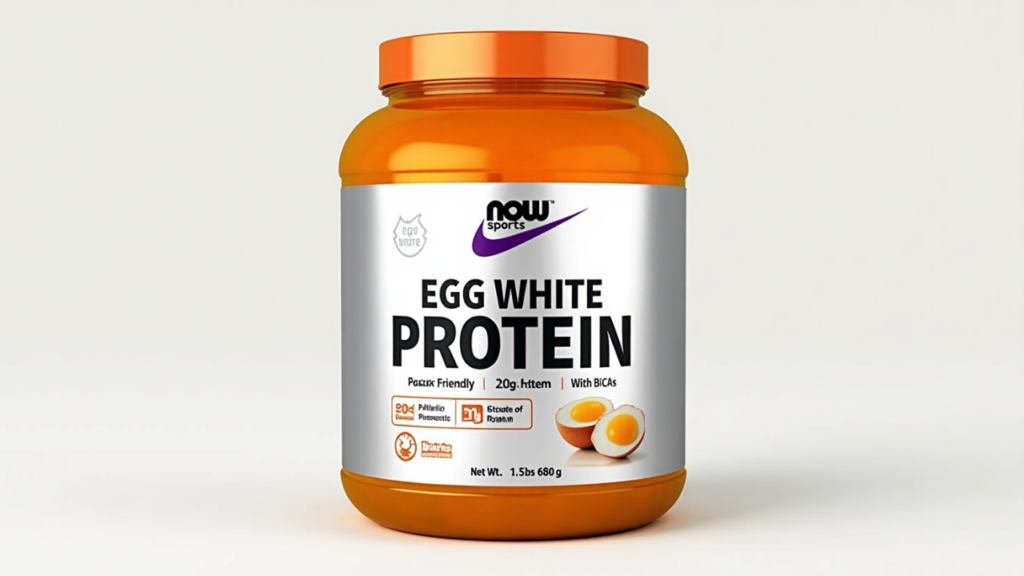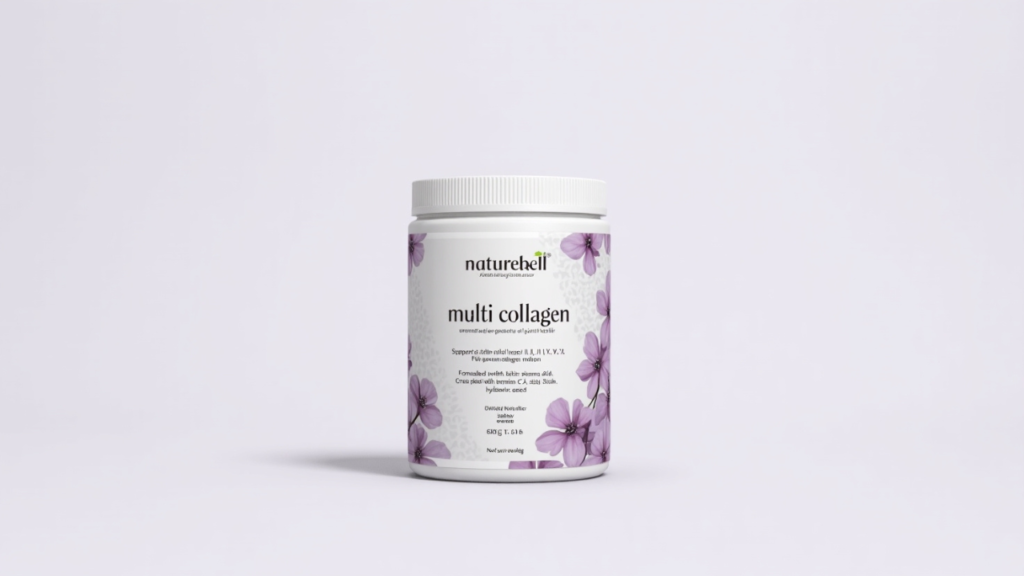When it comes to fueling your workouts and supporting muscle recovery, choosing the best protein powder can make all the difference. With countless options available—from whey and casein to plant-based alternatives—finding the right one for your fitness goals can be overwhelming. This comprehensive guide will break down the top protein powders, their benefits, and what to look for when making your selection.
Table of Contents
ToggleWhy Protein Powder Matters
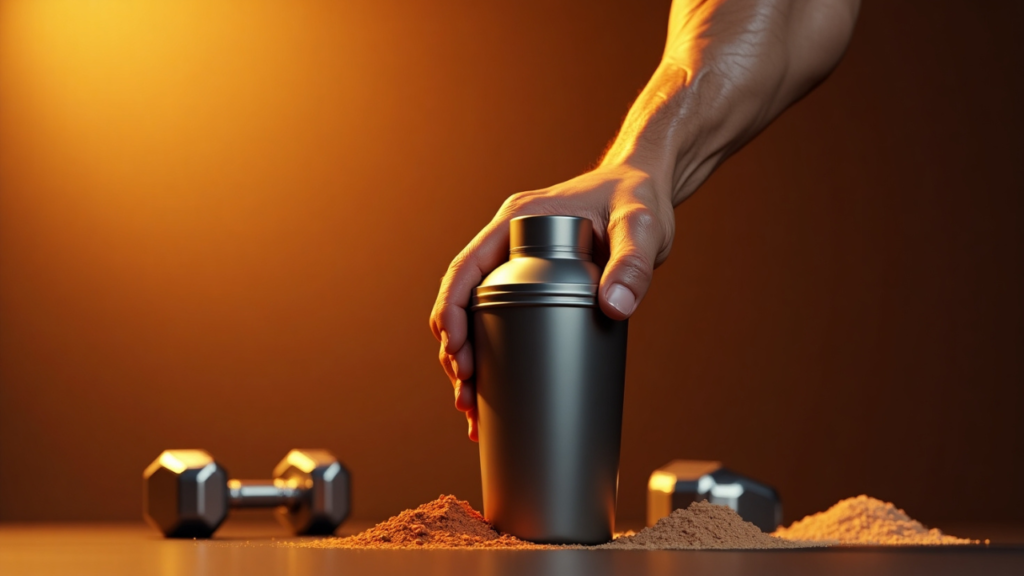
Protein plays a vital role in rebuilding muscles, strengthening immunity, and supporting whole-body wellness. While whole foods should always be the primary source of nutrients, protein powders offer a convenient way to meet daily protein requirements, especially for athletes, bodybuilders, and busy individuals.
Key Benefits of Protein Powder
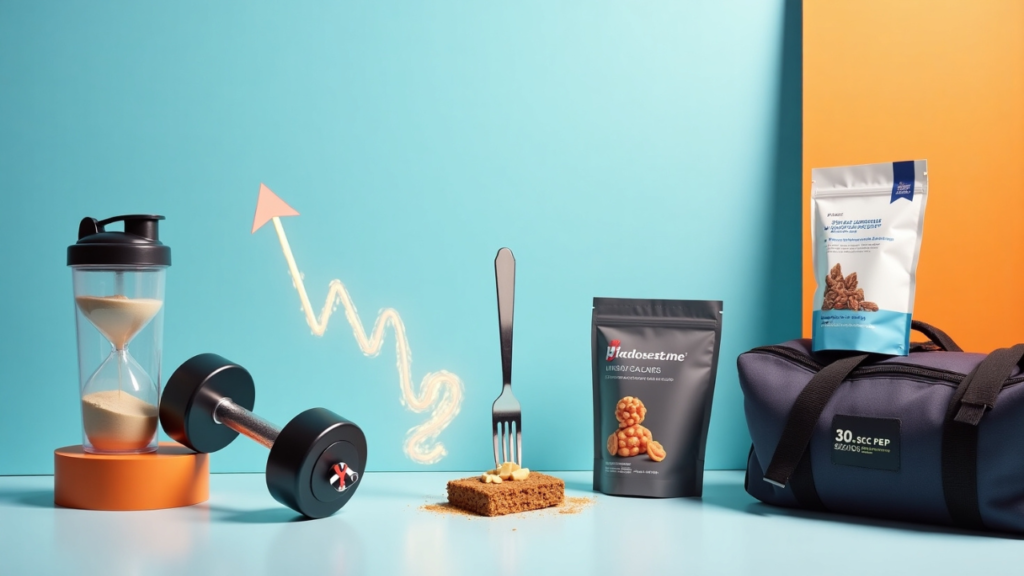
Supports Muscle Growth & Recovery – Aids in repairing muscle fibers post-workout.
Enhances Weight Management – Keeps you full longer, reducing unnecessary snacking.
Fires Up Metabolism – Compared to carbs or fats, protein requires more energy to digest, enhancing calorie burn.
Convenient & Time-Saving – Quick to prepare, ideal for on-the-go lifestyles.
Types of Protein Powders
1. Whey Protein
Whey is the most popular protein powder, derived from milk during cheese production. Its quick absorption makes it perfect for replenishing muscles after intense workouts.
Whey Concentrate – Contains some fat and carbs, with 70–80% protein.
Whey Isolate – More refined, with 90%+ protein and minimal lactose.
Whey Hydrolysate – Predigested for rapid absorption, often used in medical protein supplements.
Best for: Athletes, bodybuilders, and those looking for quick muscle recovery.
2. Casein Protein
Casein is another milk-derived protein but digests slowly, providing a steady release of amino acids.
Best for: Nighttime use or prolonged periods without meals.
3. Plant-Based Proteins
For vegans or those with lactose intolerance, plant-based protein powders are excellent alternatives.
Pea Protein – Packed with BCAAs (branched-chain amino acids) to fuel muscle repair and growth.
Hemp Protein – Contains omega-3s and fiber.
Brown Rice Protein – Easily digestible but lower in lysine.
Soy Protein – A complete protein with all essential amino acids.
Ideal for: Plant-based eaters and individuals with lactose intolerance or dairy sensitivities.
4. Egg White Protein
A lactose-free option with high bioavailability, egg white protein is a great alternative to dairy-based powders.
Best for: Those avoiding dairy but wanting an animal-based protein.
5. Collagen Protein
Supports joint, skin, and hair health but lacks some essential amino acids for muscle growth.
Best for: Overall wellness rather than muscle building.
How to Choose the Best Protein Powder

1. Check the Protein Content
Aim for at least 20–30g of protein per serving with minimal fillers.
2. Look for Quality Ingredients
Avoid artificial sweeteners, excessive sugars, and unnecessary additives.
3. Consider Your Dietary Needs
Lactose intolerant? Go for whey isolate or plant-based.
Vegan? Opt for pea, hemp, or soy protein.
Allergies? Check for gluten-free, soy-free, or nut-free options.
4. Assess Taste & Mixability
Some proteins blend better than others—read reviews to avoid chalky textures.
.
Top 5 Best Protein Powders in 2024
1. Optimum Nutrition Gold Standard 100% Whey
Type: Whey (Blend of Isolate & Concentrate)
Protein per Serving: 24g
Why It’s Great: High-quality, great taste, mixes easily.
2. MyProtein Impact Whey Isolate
Type: Whey Isolate
Protein per Serving: 21g
Why It’s Great: Affordable, low-carb, excellent for lean muscle.
3. Vega Sport Plant-Based Protein
Type: Pea, Pumpkin, and Sunflower Protein
Protein per Serving: 30g
Why It’s Great: Complete amino acid profile, ideal for vegans.
4. Dymatize ISO100 Hydrolyzed Whey
Type: Hydrolyzed Whey Isolate
Protein per Serving: 25g
Why It’s Great: Fast absorption, lactose-free, great for post-workout.
5. Orgain Organic Plant-Based Protein
Type: Pea, Brown Rice, Chia Protein
Protein per Serving: 21g
Why It’s Great: Organic, no artificial ingredients, smooth texture.
When to Take Protein Powder

Post-Workout: Whey or hydrolyzed protein for fast recovery.
Before Bed: Casein for overnight muscle repair.
Meal Replacement: Blend with fruits, nuts, or oats for a balanced shake.
Potential Side Effects & Considerations
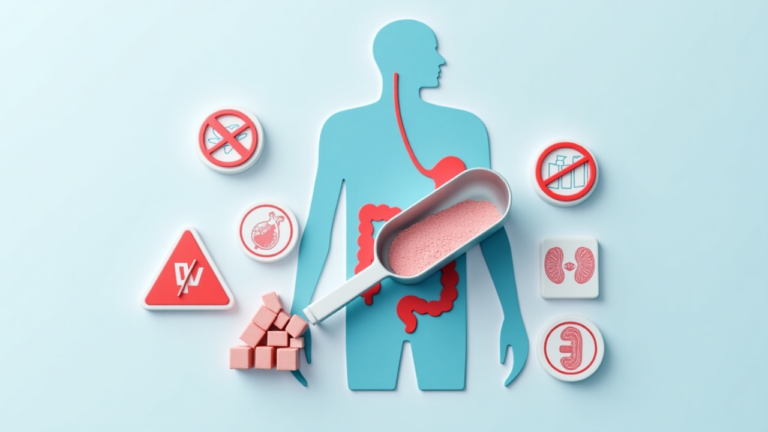
Digestive Issues: Some may experience bloating (try lactose-free options).
Allergies: Check labels for soy, gluten, or dairy if sensitive.
Overconsumption: Excess protein can strain kidneys in some individuals.
Final Verdict: What’s the Best Protein Powder?
Your ideal protein powder will depend on your fitness goals, dietary needs, and how much you’re willing to spend. Whey protein remains the gold standard for muscle growth, while plant-based options are perfect for vegans. Always prioritize quality, taste, and digestibility when making your choice.
By selecting the right protein powder, you can optimize your nutrition, enhance performance, and achieve your fitness goals faster. Whether you’re bulking, cutting, or maintaining, there’s a perfect protein powder/supplement out there for you!

